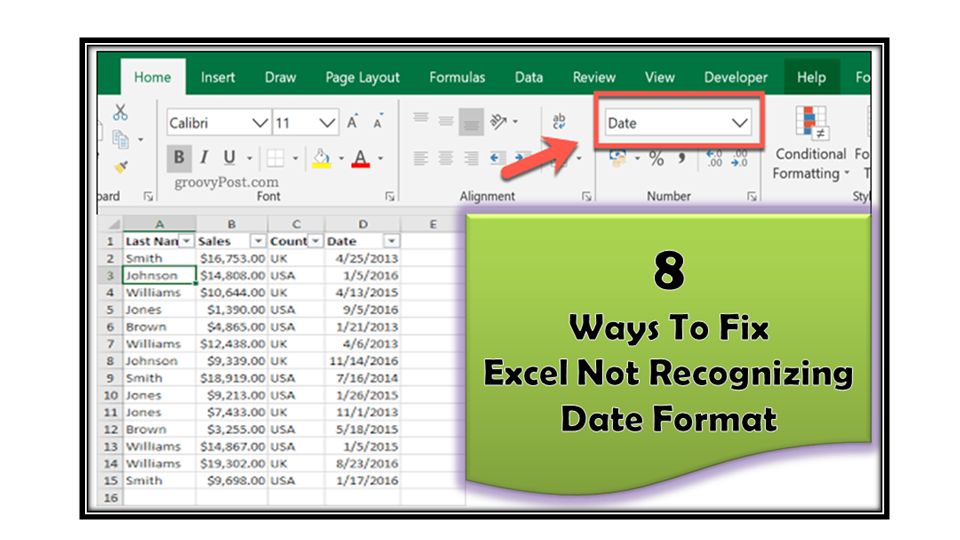
The integer part of a number stored in a Date/Time field relates to Access's built-in calendar that runs from January 1st 100 CE to December 31st 9999 CE. I believe I must make a database manage dates and times correctly irrespective of any tinkering a particular user may do to their Windows settings.Īccess stores input into a Date/Time field as a floating point number that is, a number with an integer part and a decimal part. I illustrate them here because they have an influence on the results of some of the tests on Access’s conduct of dates and times that appear below.Īs a database developer, I never insist that a client adopts one set of Language Preferences over another. I don’t alter these default settings, for reasons I explain below. The settings shown above are for my computer, as supplied to me in the UK.

Then choose Region to display the Region dialog box. The setting is in Window 10’s Control Panel: open Control Panel and navigate via Clock and Region . Much of Access's response to dates and times, is determined by the region to which the computer you’re using is set. Will dates in reports produced by the database and sent to people outside the office be understood correctly by the recipients of those reports?.Do my queries work correctly if they include date filters or expressions based on dates?.Does the recorded date register as the same date with all users of the database?.Is Access’s record of the input date the same date as the user wants recorded?.In adopting a blueprint for dates, a database developer should have in mind questions like these: If you’re working in the United States and you’re guessing I’m a Brit writing this piece, you’d assume I meant.

You and your computer are probably in agreement that refers to Tuesday 24 th September 2019. Expressions in Query Filters for Dates.Ĭonsider what you understand the date to be when you read.


 0 kommentar(er)
0 kommentar(er)
